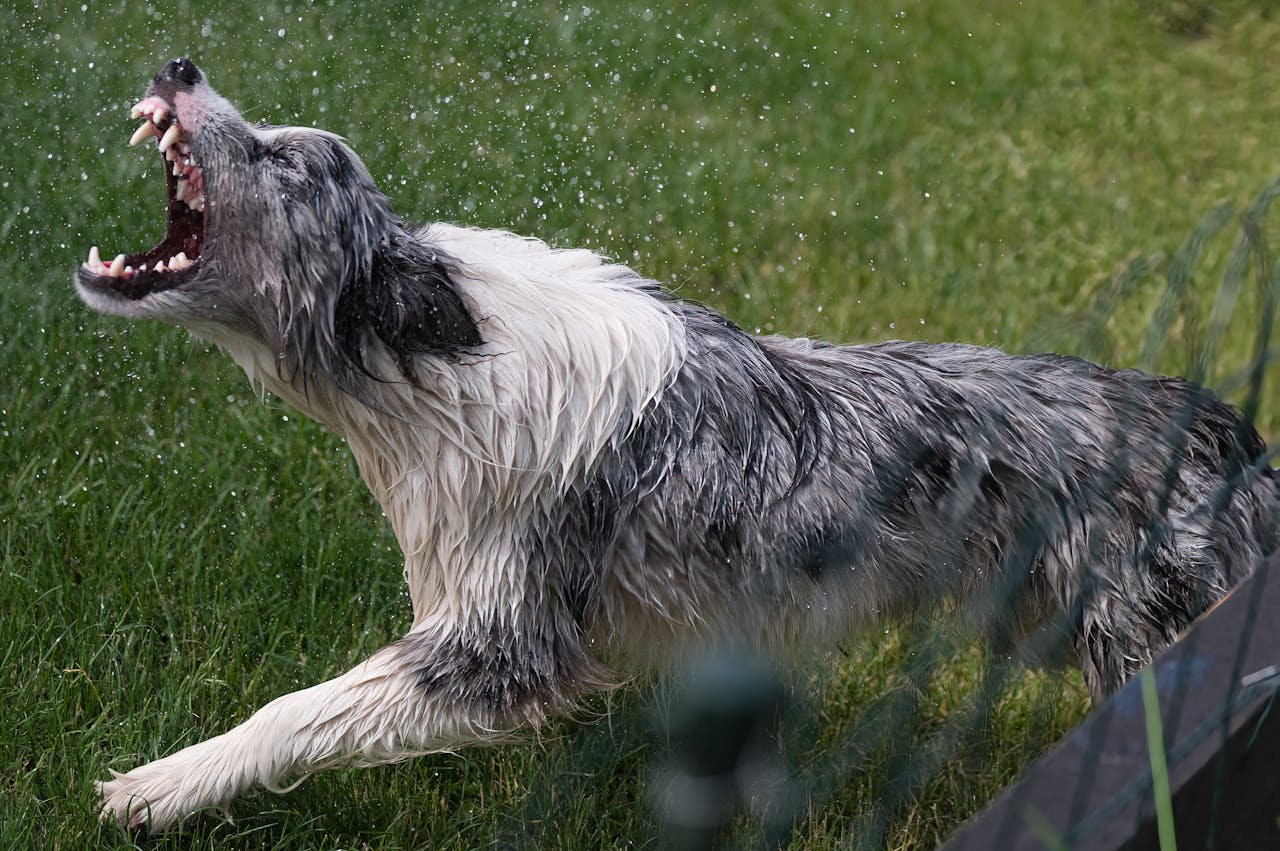Leptospirosis isn’t just another scary-sounding disease—it’s a real, potentially fatal threat to dogs that’s often overlooked. Caused by bacteria found in water and soil, leptospirosis can infect both animals and humans, making it a serious public health concern. The good news? It’s preventable with a simple vaccine.
What Is Leptospirosis?
Leptospirosis is a bacterial infection caused by Leptospira species. These bacteria thrive in warm, wet environments and are commonly found in puddles, lakes, streams, and even damp soil. Infected wildlife such as rats, raccoons, and skunks shed the bacteria in their urine, which contaminates water sources. Dogs can become infected by drinking, swimming in, or even walking through contaminated water.
Symptoms to Watch For
Leptospirosis can affect multiple organs, especially the kidneys and liver. It can come on fast and mimic other illnesses, which makes early diagnosis tricky. Some common symptoms include:
-
Fever and chills
-
Vomiting and diarrhea
-
Muscle pain and weakness
-
Loss of appetite
-
Jaundice (yellowing of the skin or eyes)
-
Increased thirst and urination
-
Lethargy or depression
In severe cases, the infection can lead to kidney or liver failure, and without prompt treatment, it can be fatal.
Why Vaccination Matters
Leptospirosis vaccines protect your dog from the most common strains of the bacteria. While the vaccine doesn’t cover every possible strain, it drastically reduces the risk of serious illness. It’s especially important for dogs that spend time outdoors, near water, or in areas where wildlife is present.
Vaccination is also a key part of preventing the spread of leptospirosis to humans. Since it’s a zoonotic disease, meaning it can pass from animals to people, protecting your dog also protects your family.
Who Should Be Vaccinated?
Most vets recommend the leptospirosis vaccine as part of a dog’s core or non-core vaccinations, depending on the region and the dog’s lifestyle. Dogs that hike, camp, swim, or live in areas with a lot of wildlife are at higher risk and should absolutely be vaccinated. Puppies can typically receive their first leptospirosis vaccine around 12 weeks of age, with annual boosters afterward.
Conclusion
Leptospirosis is a dangerous, fast-acting disease that can strike without warning. But it’s also one of the most preventable. Vaccination doesn’t just protect your dog—it protects your entire household. If your dog isn’t already vaccinated for leptospirosis, talk to your vet today. In a world full of unpredictable risks, this is one you can stay ahead of.




